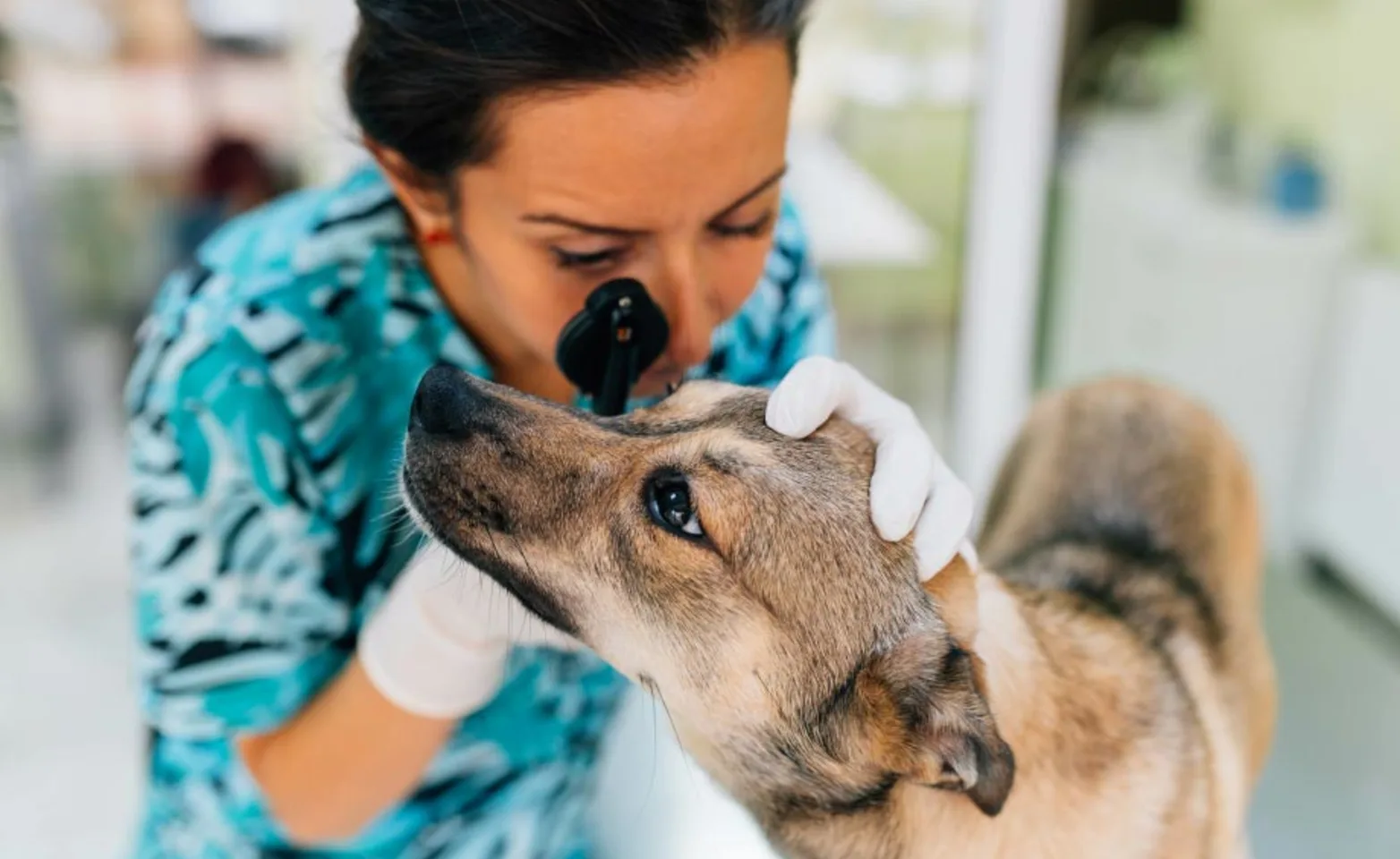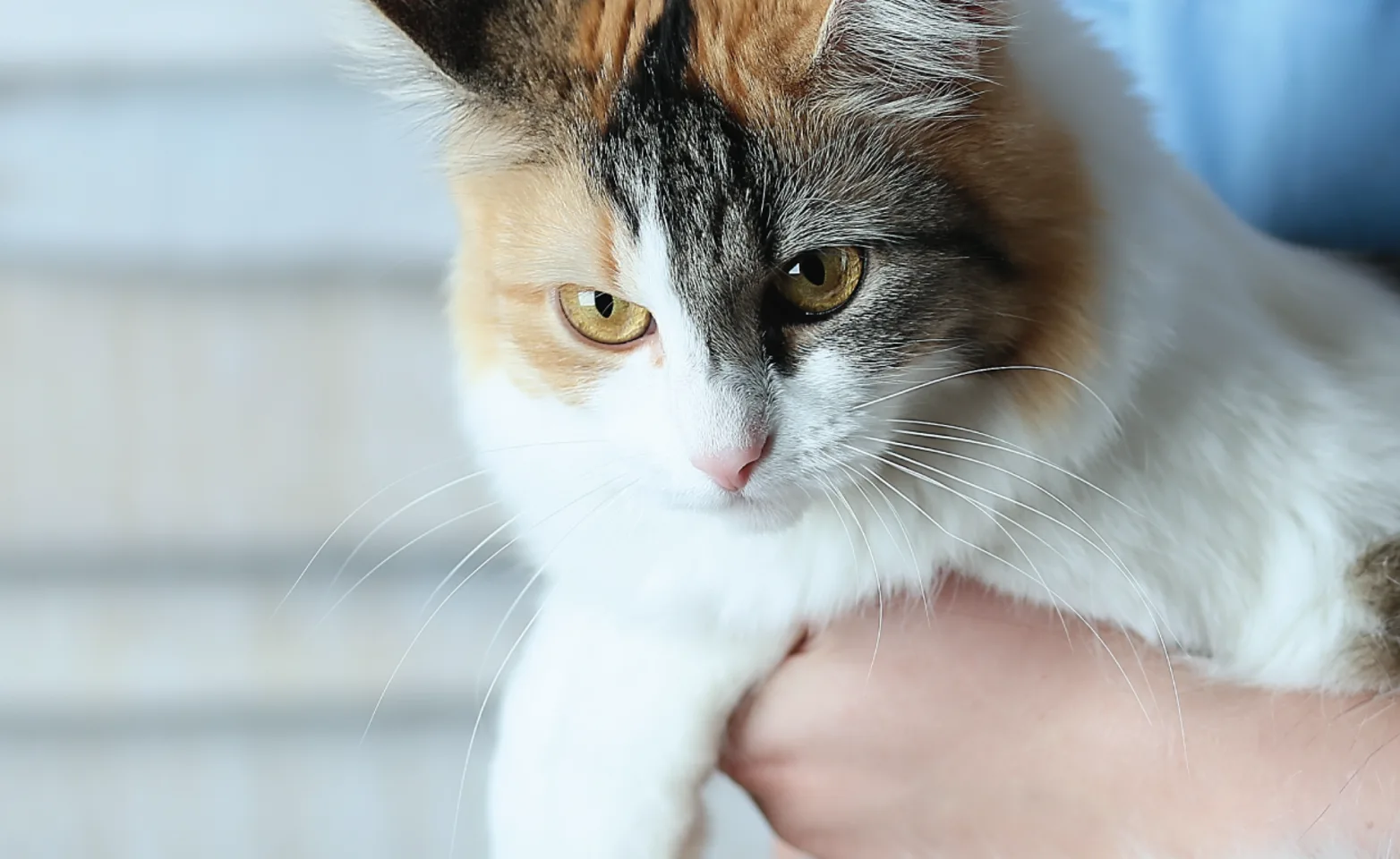Mission Veterinary Emergency & Specialty

What do Veterinary Ophthalmologists treat?
Just like humans, animals are susceptible to eye diseases, vision problems, and degenerative conditions. Ophthalmologists specialize in diagnosing and treating the following:
Ulcers: Corneal ulcers are sores that can occur on the eye, due to injury, bacterial, fungal, or viral infection. These can be treated either with medication, surgery, or a combination of the two.
Cataracts: Common in older animals, this condition can be corrected by laser eye surgery. This procedure is safe and similar to laser eye surgery that is performed commonly on people.
Glaucoma: Some pets with glaucoma may be able to receive effective treatment from an ophthalmologist. Depending on the severity, it is possible to improve or correct this condition and your pet’s quality of life.
Injury: Eye injuries can be harmful to animals, and any pet who has suffered an eye injury should see a veterinary ophthalmologist as soon as possible. Left untreated, these injuries can cause vision issues and be uncomfortable for your pet. Surgery or removal of the eye may be required, your ophthalmologist can perform these procedures and provide aftercare if necessary.

Tests and Procedures Offered
At Mission Veterinary Emergency & Specialty, we provide a range of tests and services to best care for your pet’s individual needs. Our eye specialty team may utilize some of the procedures below to diagnose and treat your pet’s condition.
Eye exams: Animal Ophthalmologists are practiced in administering eye exams to cats and dogs in order to quickly and accurately diagnose diseases or irregularities in the ocular system.
Medication: Our hospital can prescribe, administer, and fill medication to help your pet fight eye infections, ulcers, or other problems.
Surgery: Depending on the severity of the problem, an ophthalmologist can perform surgery or work with a veterinary surgeon to treat injuries, cataracts, and other conditions.
References: If an animal eye veterinarian finds an underlying condition causing vision problems, they can refer your pet to the proper specialist to make sure they get the treatment they need.
